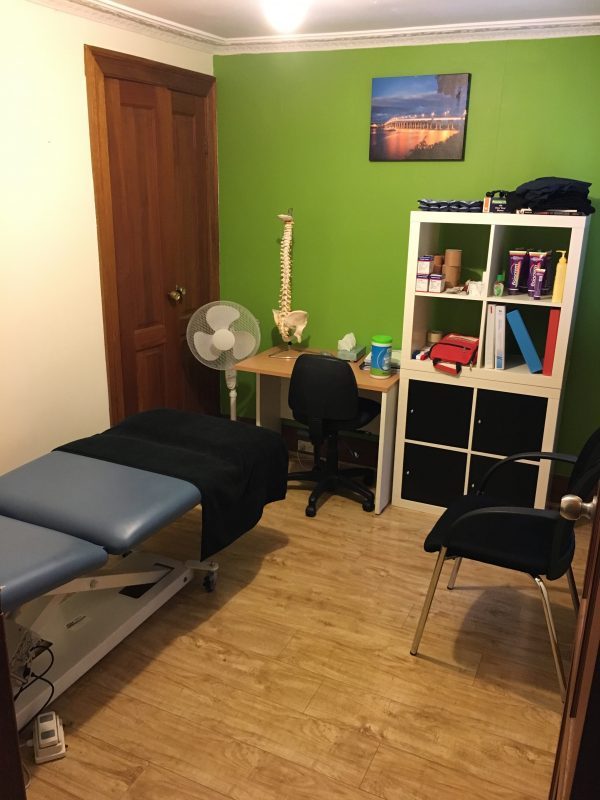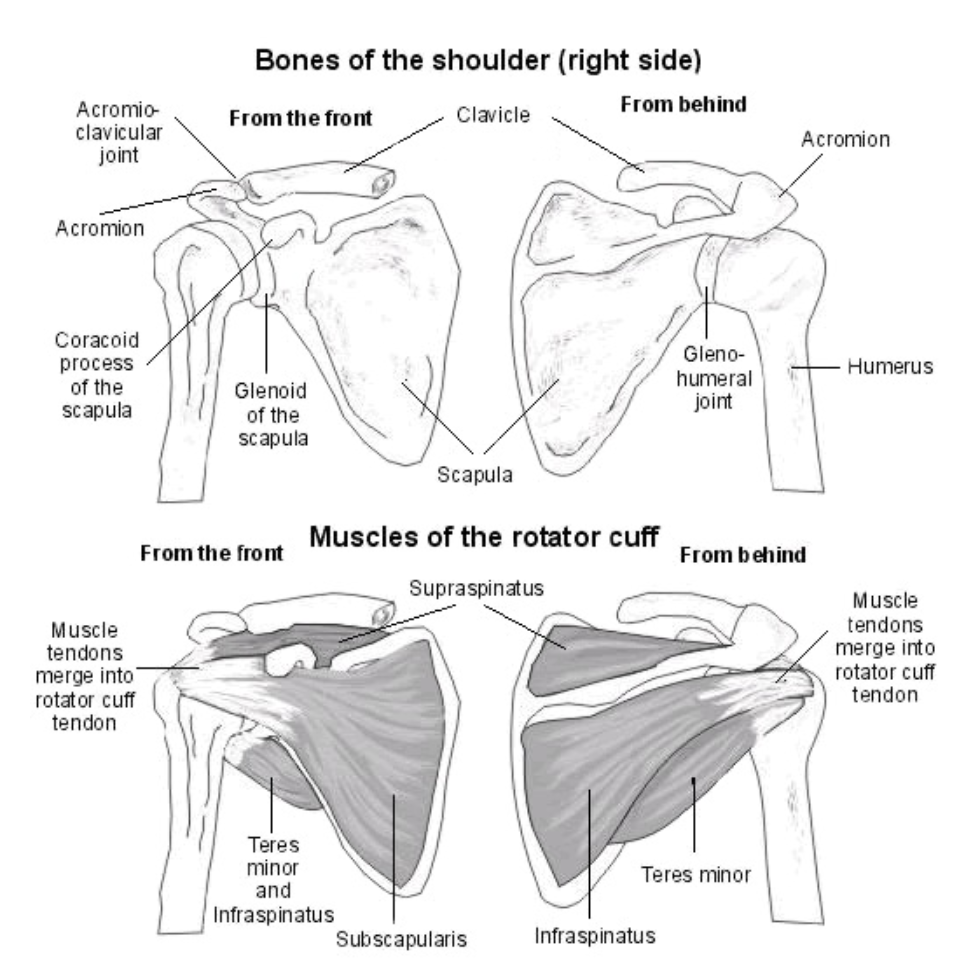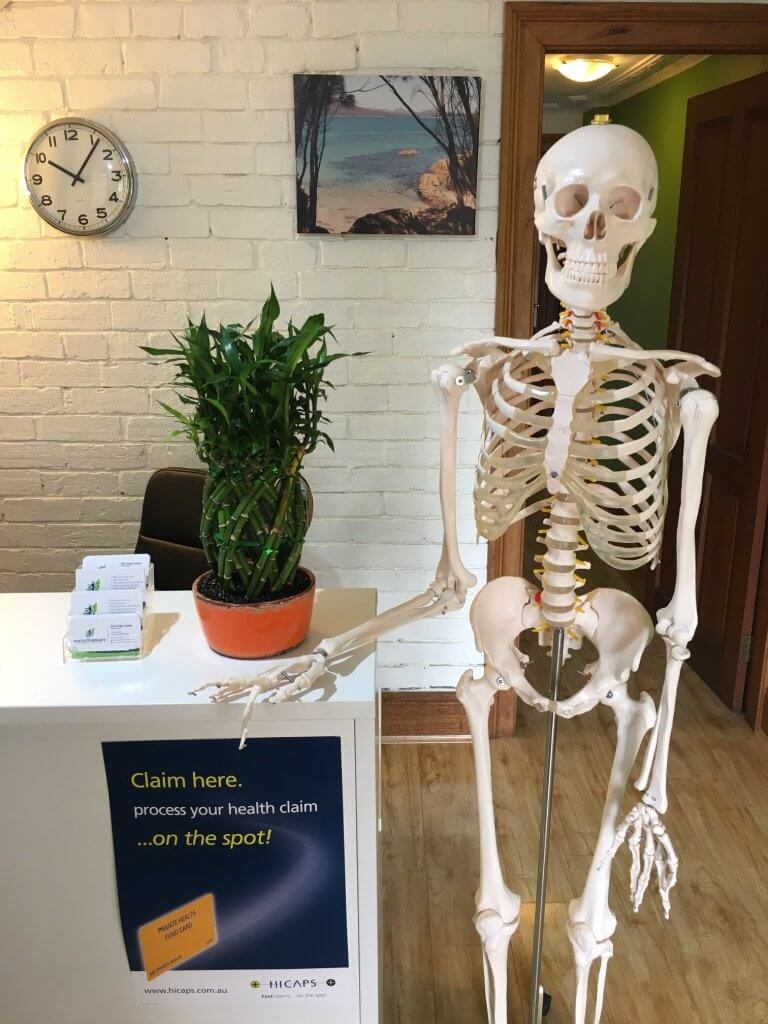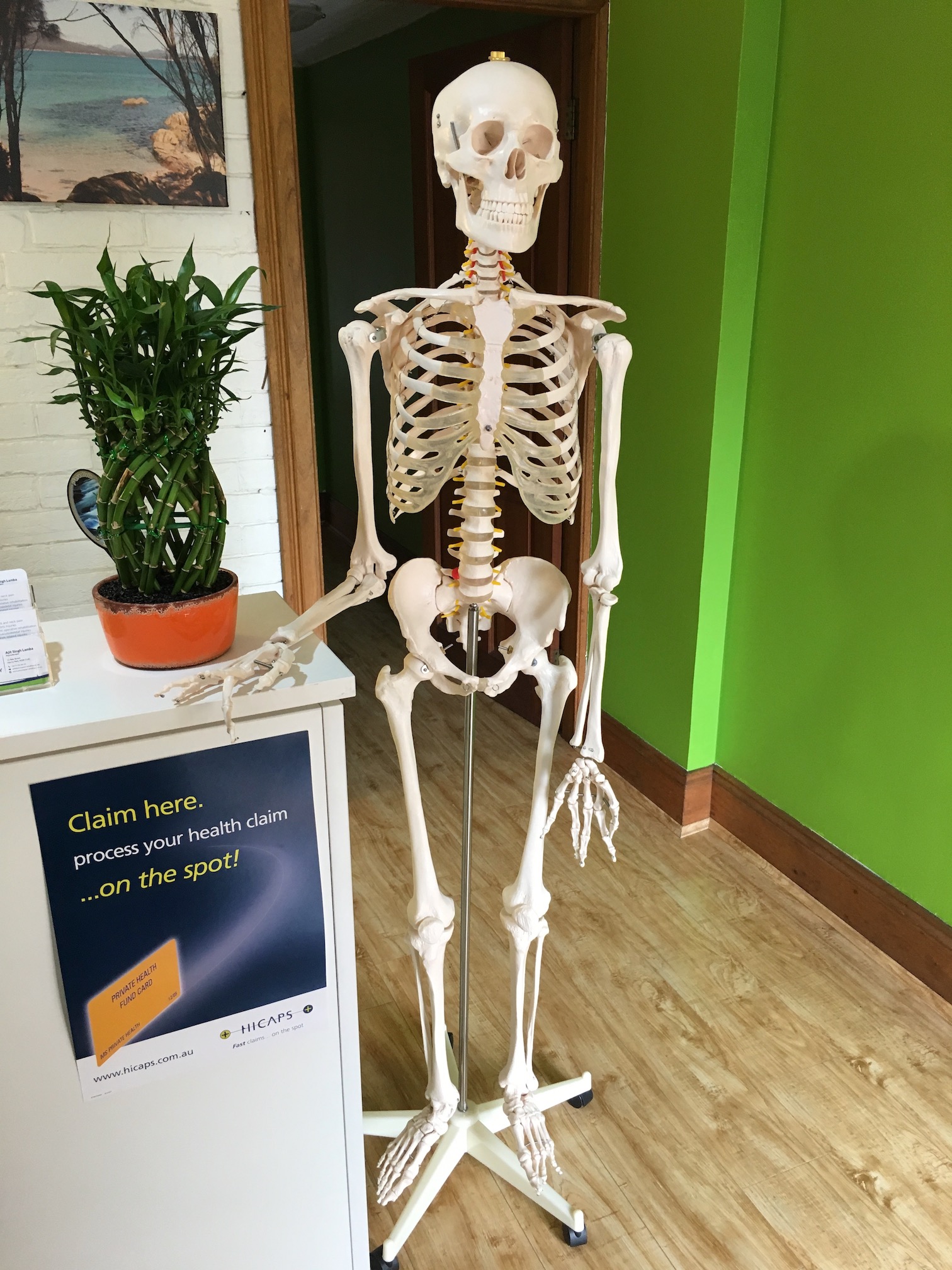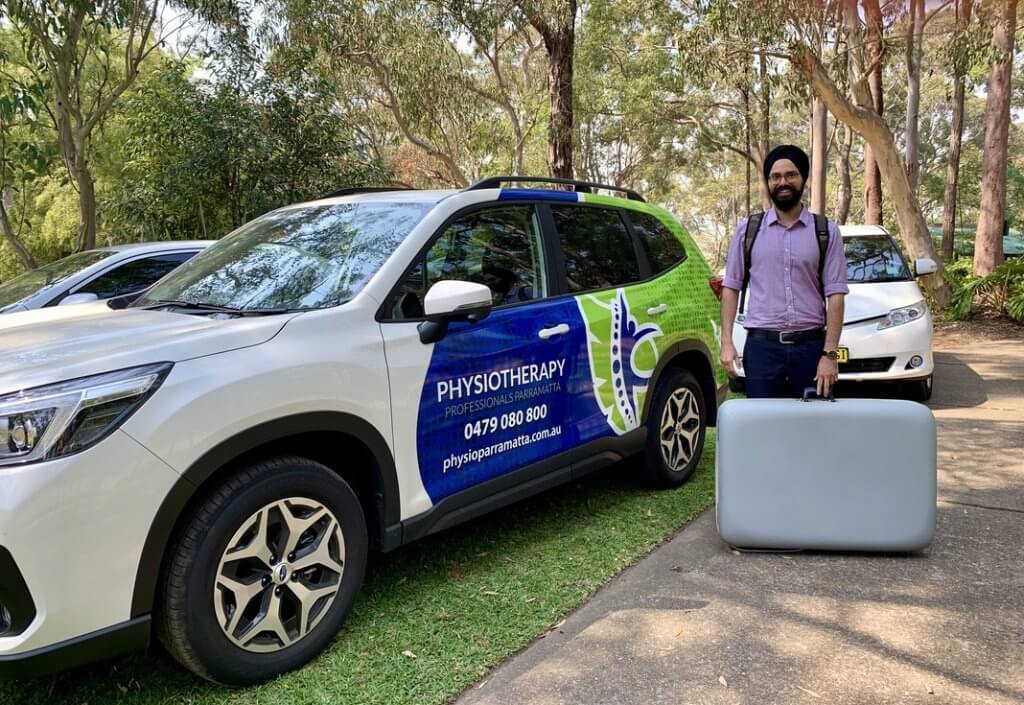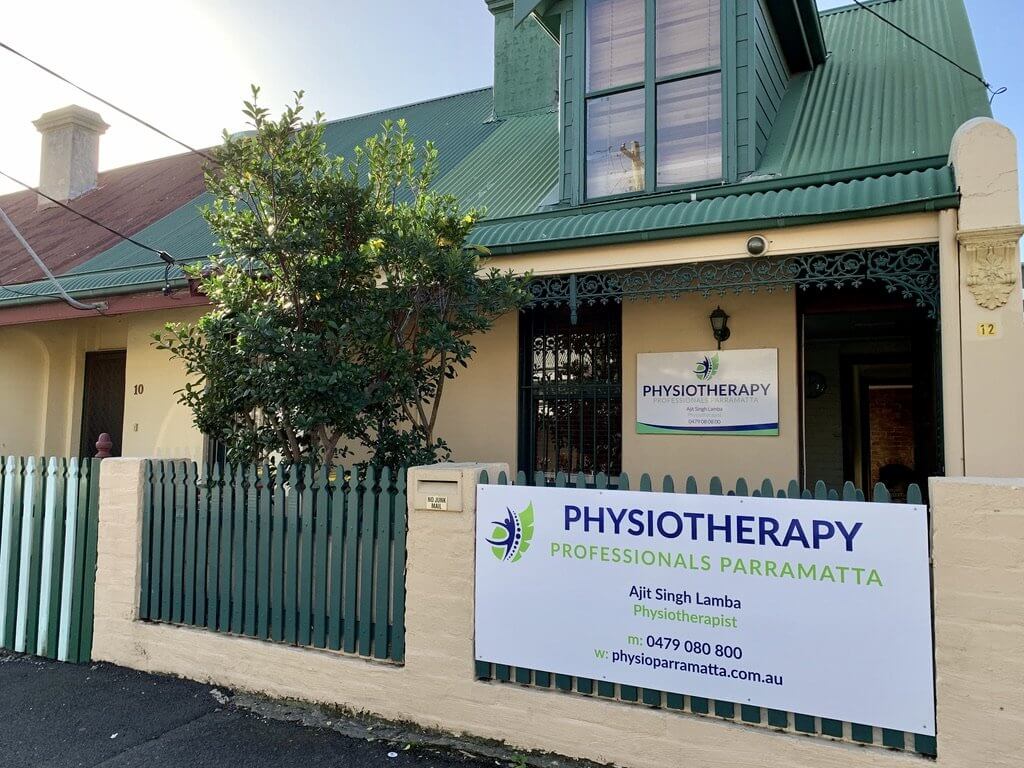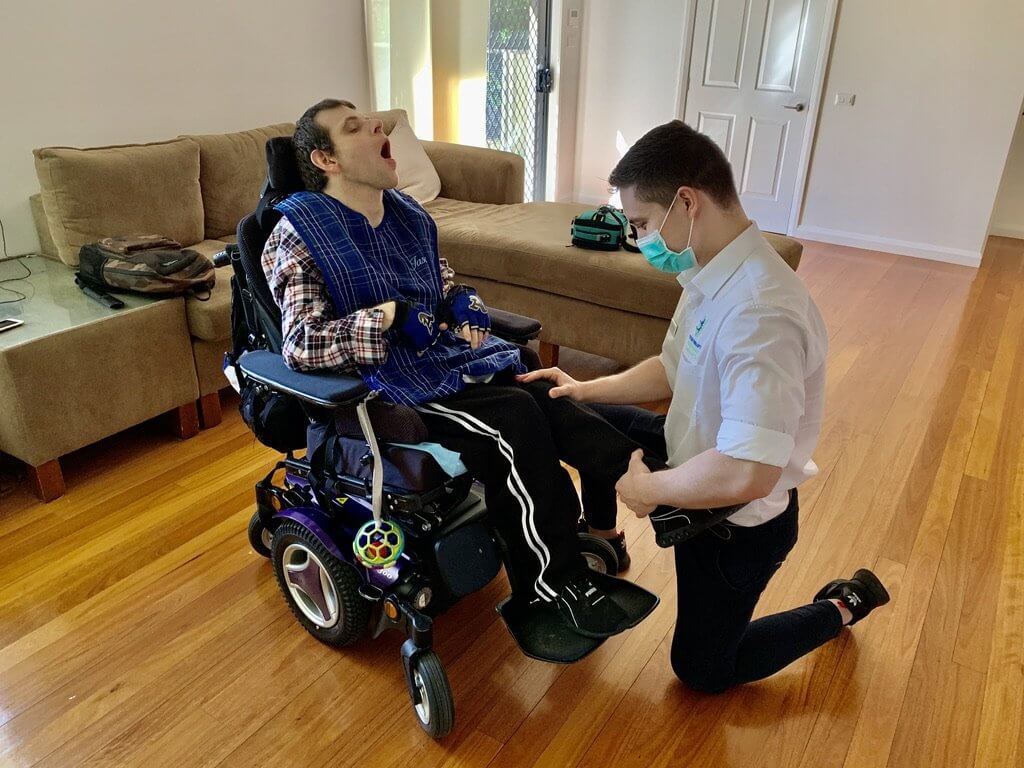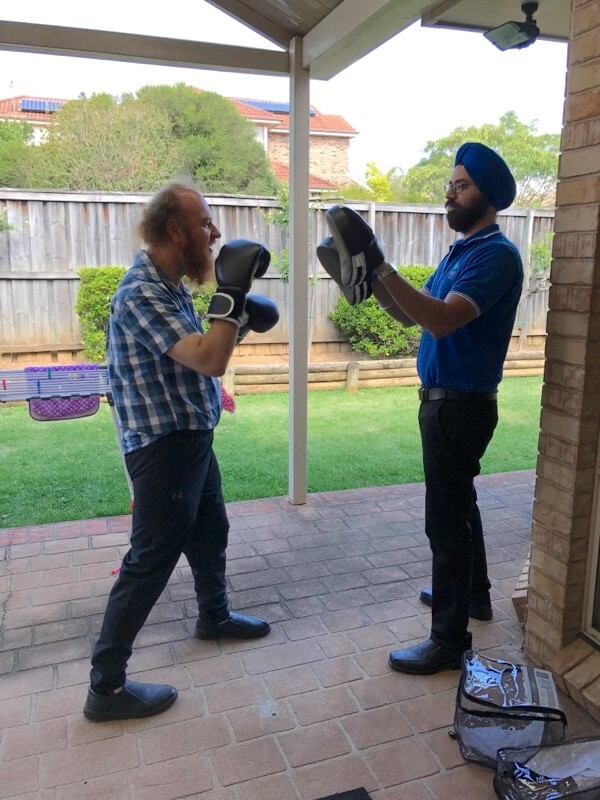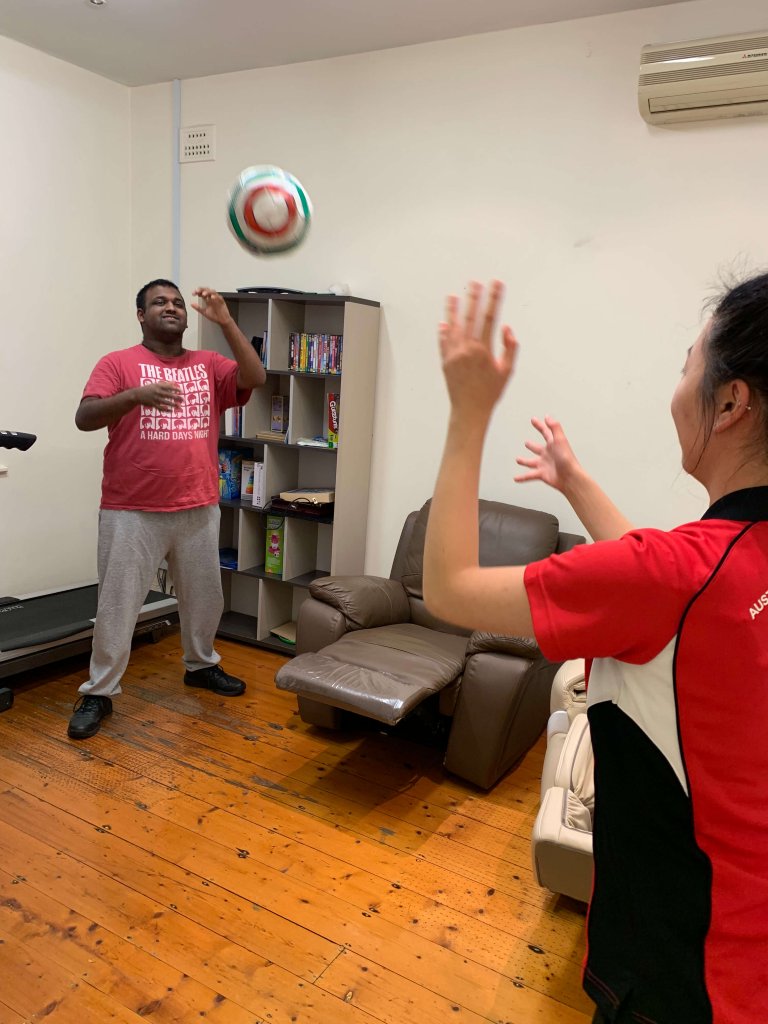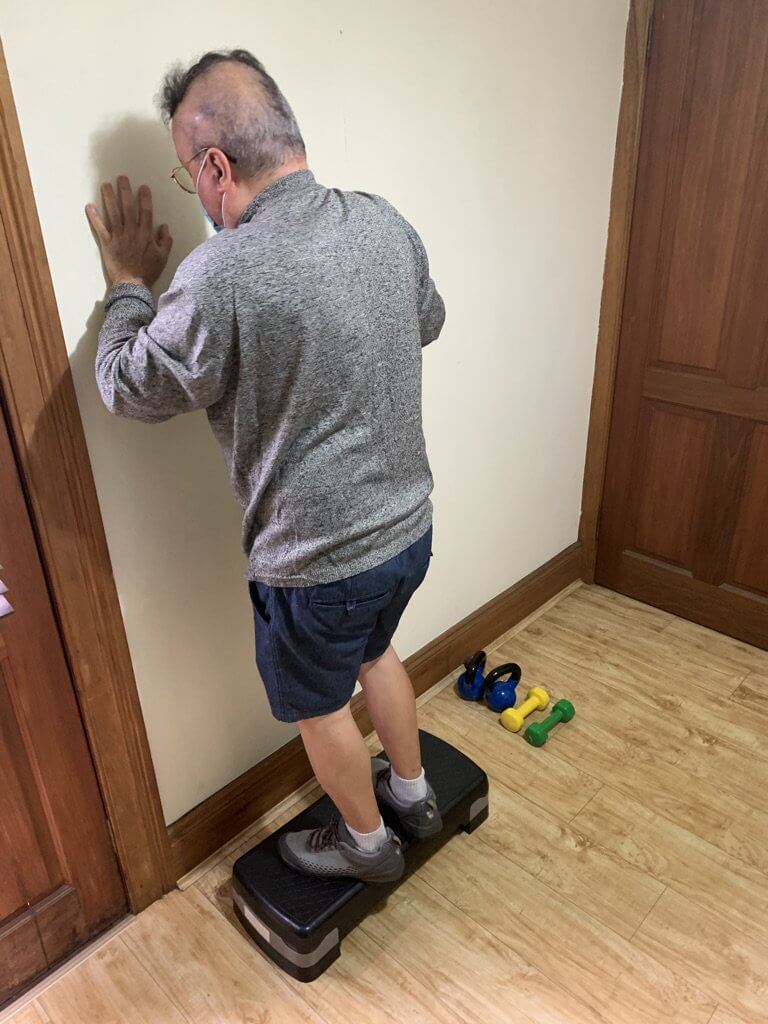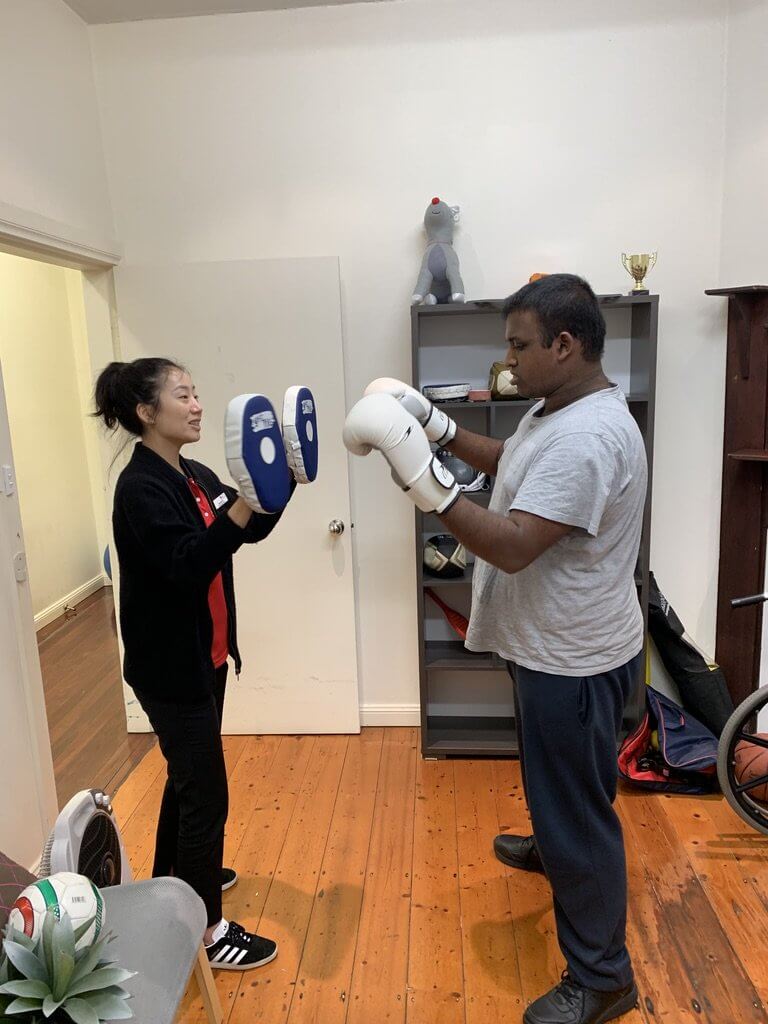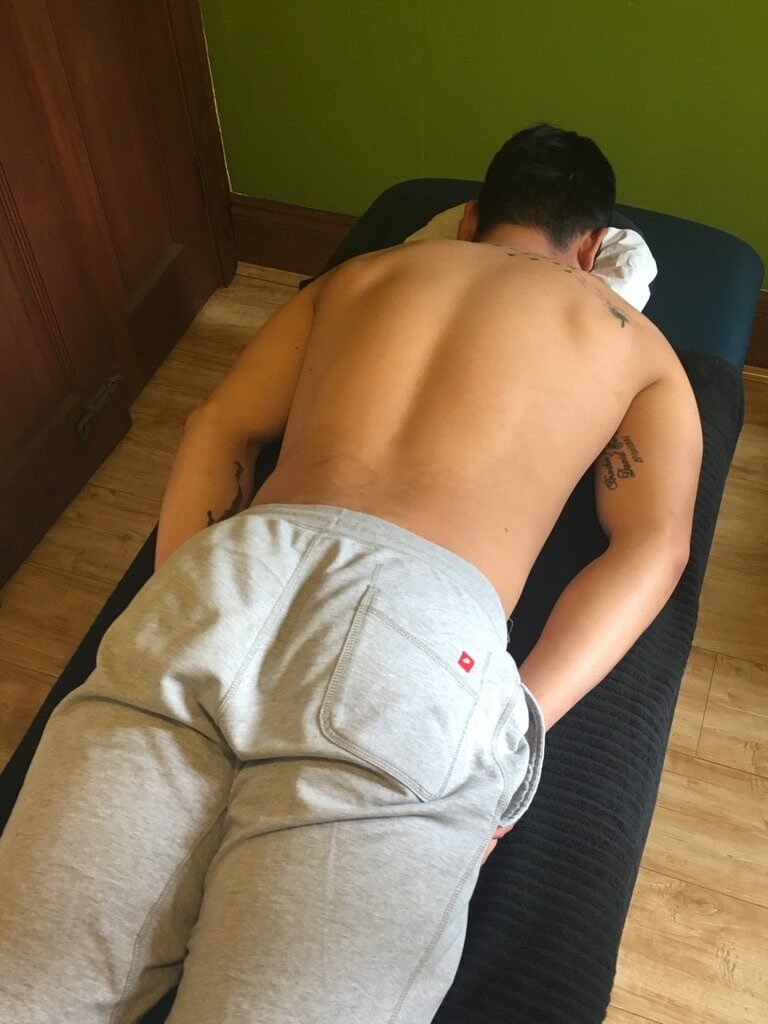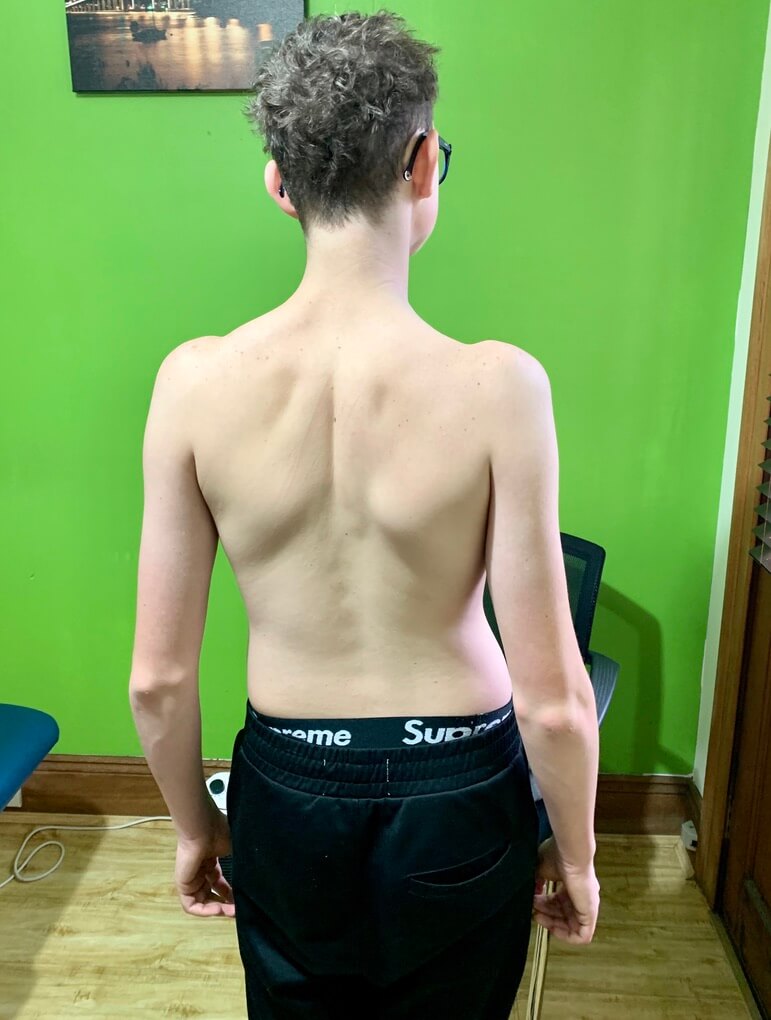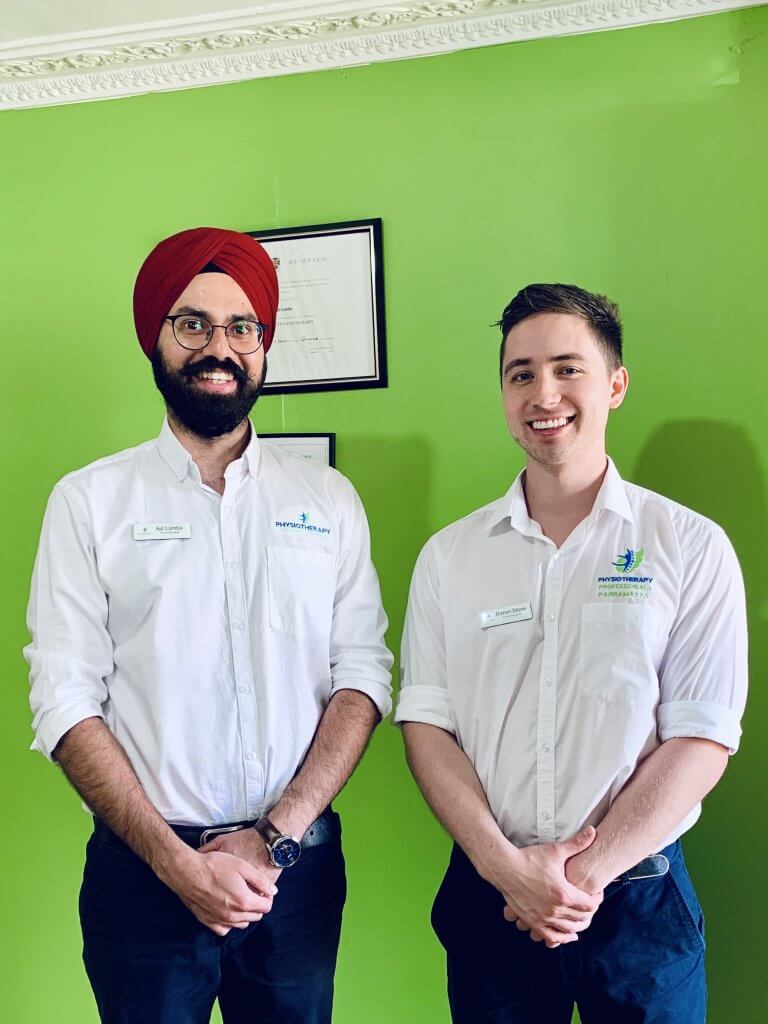Posture and Ergonomics
Posture and Ergonomics
Posture Management
Posture and Ergonomics. Most postures can only be sustained for a short time, however given majority of work now requires us to be sitting down to access a computer or other technologies, we tend to sit and stand for long time periods. Certain postures cause increased pressures on our spinal discs. Increased pressure on our discs can cause stiff spinal joints and muscle spasms. Poor posture is a very common cause of spinal symptoms and dysfunction causing neck shoulders and back. In fact these are the most common cases seen at our clinic in in Parramatta.
Physiotherapy Professionals Parramatta are your experts in the assessment of posture and ergonomics and can assist in managing postural symptoms.
Role of physiotherapy
Muscle tightness and spinal stiffness resulting from prolonged postures can generate ongoing pain. Poor prolonged posture will also result in weakening of deep core muscles making you susceptible to back pain
The postural assessment and treatment involves a Physiotherapist conducting a thorough assessment of the patient’s posture. Including: Postural observation, Spinal assessment and Muscle assessment.
Treatment:
- Manual therapy: Hands on techniques to treat joint stiffness and muscle tightness
- Strengthening and stretching of muscles
- Education on correct posture at work and home
- Worksite assessment: Advice and modifications to work station
By seeking the advice and treatment of a Physiotherapist early on in the injury process, patients can experience significant improvements in their symptoms and quality of life.

